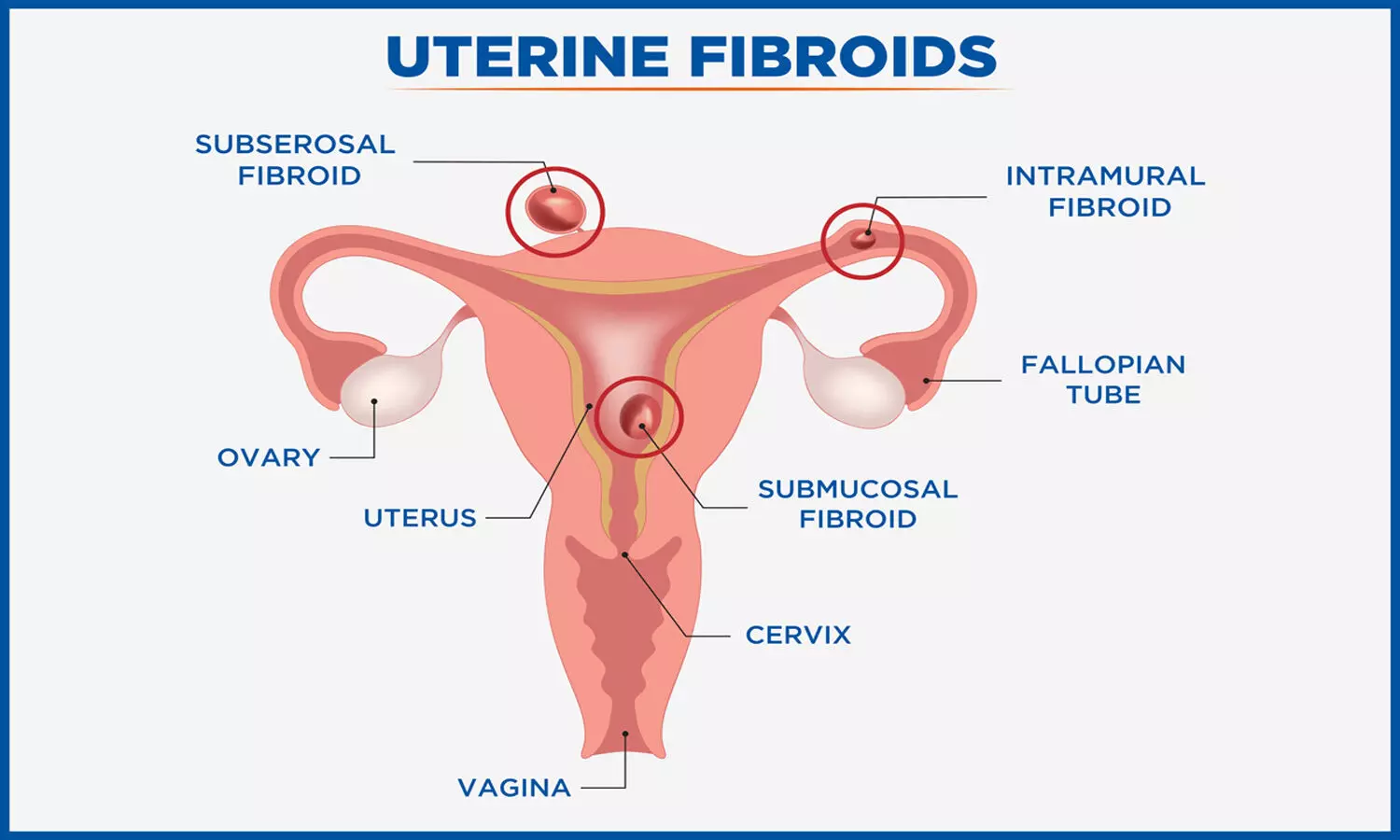- Home
- Medical news & Guidelines
- Anesthesiology
- Cardiology and CTVS
- Critical Care
- Dentistry
- Dermatology
- Diabetes and Endocrinology
- ENT
- Gastroenterology
- Medicine
- Nephrology
- Neurology
- Obstretics-Gynaecology
- Oncology
- Ophthalmology
- Orthopaedics
- Pediatrics-Neonatology
- Psychiatry
- Pulmonology
- Radiology
- Surgery
- Urology
- Laboratory Medicine
- Diet
- Nursing
- Paramedical
- Physiotherapy
- Health news
- Fact Check
- Bone Health Fact Check
- Brain Health Fact Check
- Cancer Related Fact Check
- Child Care Fact Check
- Dental and oral health fact check
- Diabetes and metabolic health fact check
- Diet and Nutrition Fact Check
- Eye and ENT Care Fact Check
- Fitness fact check
- Gut health fact check
- Heart health fact check
- Kidney health fact check
- Medical education fact check
- Men's health fact check
- Respiratory fact check
- Skin and hair care fact check
- Vaccine and Immunization fact check
- Women's health fact check
- AYUSH
- State News
- Andaman and Nicobar Islands
- Andhra Pradesh
- Arunachal Pradesh
- Assam
- Bihar
- Chandigarh
- Chattisgarh
- Dadra and Nagar Haveli
- Daman and Diu
- Delhi
- Goa
- Gujarat
- Haryana
- Himachal Pradesh
- Jammu & Kashmir
- Jharkhand
- Karnataka
- Kerala
- Ladakh
- Lakshadweep
- Madhya Pradesh
- Maharashtra
- Manipur
- Meghalaya
- Mizoram
- Nagaland
- Odisha
- Puducherry
- Punjab
- Rajasthan
- Sikkim
- Tamil Nadu
- Telangana
- Tripura
- Uttar Pradesh
- Uttrakhand
- West Bengal
- Medical Education
- Industry
Etomidate stands better than Propofol for reducing in-hospital morbidity after abdominal surgery

Etomidate Anesthesia has not increased the overall major in-hospital morbidity after abdominal surgery in older patients when compared to Propofol as published in the journal, JAMA Network, 2022.
Etomidate has the advantage of hemodynamic stability when given to older patients with general anesthesia. But it is unclear if it has the potential for in-hospital morbidity due to adrenocortical suppression. So, the EPIC (Etomidate vs Propofol for In-hospital Complications) trial was carried out by researchers to evaluate the rate of in-hospital morbidity after abdominal surgery in older patients when compared to Propofol anesthesia.
A multicenter, parallel group, noninferiority randomized clinical trial was done between August 15, 2017, and November 20, 2020, at 22 tertiary hospitals in China among patients who were aged 65 to 80 years and were scheduled for elective abdominal surgery. All the participants were randomized 1:1 to receive either etomidate or propofol for general anesthesia by target-controlled infusion and both patients and outcome assessors were blinded to group allocation. Data analysis followed a modified intention-to-treat principle. Major in-hospital postoperative complications were the primary outcomes of measurement. Measuring intraoperative hemodynamic measurements; postoperative adrenocortical hormone levels; self-reported postoperative pain, nausea, and vomiting; and mortality at postoperative months 6 and 12 were the secondary outcomes of measurement.
Results:
- 1944 participants were randomized, of whom 1917 (98.6%) completed the trial.
- 967 Patients were randomized to the etomidate group with a mean age of 70.3 years. Of these, there were 578 men [59.8%].
- 950 patients were in the propofol group with a mean age of 70.6 years. Of these there were 533 men [56.1%]).
- The primary endpoint occurred in 90 of 967 patients (9.3%) in the etomidate group and 83 of 950 patients (8.7%) in the propofol group, which met the noninferiority criterion.
- In the etomidate group, mean (SD) cortisol levels were lower at the end of the surgery, and mean (SD) aldosterone levels were lower at the end of surgery and on a postoperative day 1 compared with the propofol group.
- No difference in mortality was observed between the etomidate and propofol groups at postoperative months 6 and 12.
- More patients had pneumonia in the etomidate group than in the propofol group. Results were consistent in the per-protocol population.
Thus, the researchers concluded that when compared with propofol, etomidate anesthesia did not increase overall major in-hospital morbidity after abdominal surgery in older patients, even though it induced transient adrenocortical suppression.
For the full article, click here: 10.1001/jamasurg.2022.3338
Lu Z, Zheng H, Chen Z, et al. Effect of Etomidate vs Propofol for Total Intravenous Anesthesia on Major Postoperative Complications in Older Patients: A Randomized Clinical Trial [published online ahead of print, 2022 Aug 10]. JAMA Surg. 2022;10.1001/jamasurg.2022.3338.
BDS, MDS
Dr.Niharika Harsha B (BDS,MDS) completed her BDS from Govt Dental College, Hyderabad and MDS from Dr.NTR University of health sciences(Now Kaloji Rao University). She has 4 years of private dental practice and worked for 2 years as Consultant Oral Radiologist at a Dental Imaging Centre in Hyderabad. She worked as Research Assistant and scientific writer in the development of Oral Anti cancer screening device with her seniors. She has a deep intriguing wish in writing highly engaging, captivating and informative medical content for a wider audience. She can be contacted at editorial@medicaldialogues.in.
Dr Kamal Kant Kohli-MBBS, DTCD- a chest specialist with more than 30 years of practice and a flair for writing clinical articles, Dr Kamal Kant Kohli joined Medical Dialogues as a Chief Editor of Medical News. Besides writing articles, as an editor, he proofreads and verifies all the medical content published on Medical Dialogues including those coming from journals, studies,medical conferences,guidelines etc. Email: drkohli@medicaldialogues.in. Contact no. 011-43720751




